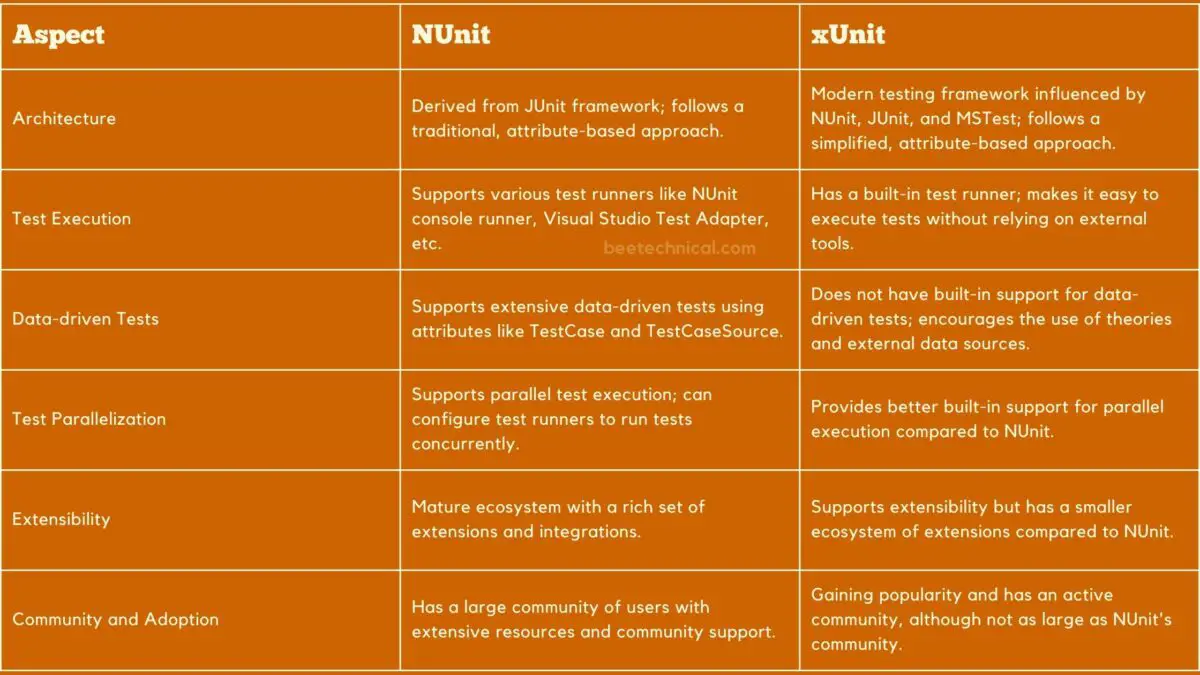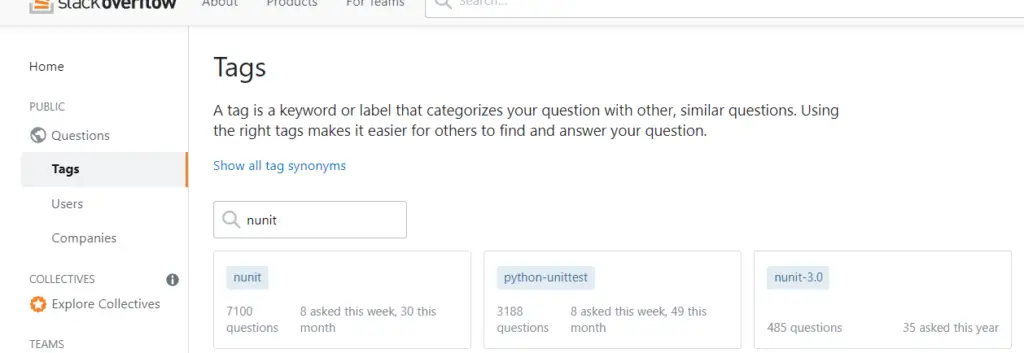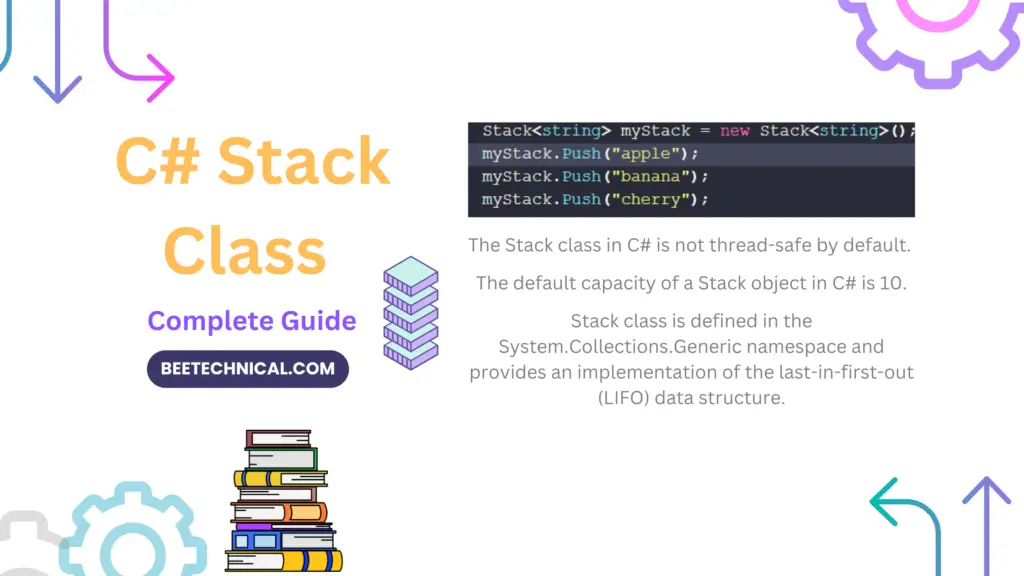NUnit and xUnit are both popular unit-testing frameworks for the .NET ecosystem. While they have similar purposes, there are some differences between them. Choose the one that best fits your team’s preferences and requirements.
As per the NuGet website, XUnit has around 229.5 million downloads and NUnit has 188 million downloads. The majority of current Net projects use xUnit, yet NUnit hasn’t lost any of its attraction.

The .Net platform has three commonly utilized unit testing frameworks, namely MsTest, Nunit, and xUnit, each with distinct characteristics. This article will focus on the comparison between Nunit and xUnit, highlighting the differences between the two frameworks.
NUnit
NUnit is ported from a Java testing framework named “JUnit”. It’s a mature framework with a long history starting from JUnit in 1998.
As per StackOverflow, NUnit has been tagged around 7100 times.

As per nuget.org, NUnit has around 188 million downloads. And, the average per day download is 44k.

The above images show, that NUnit still has a large fan following and developers still love NUnit to write test cases.
Along with that consider these points as well while choosing the NUnit framework.
- If you don’t want to struggle with issues comes while implementing the test cases. Go for NUnit, it is well documented and legacy framework so most of the questions you will be coming across have already been raised in StackOverflow.
- Still prefer writing the test cases using an attribute-based approach
- Want to share the global variables of the class across the test cases. Because NUnit uses the same instance of the class to run all test cases.
Xunit
XUnit is also one of the widely used unit testing frameworks, created by the owner of NUnit. X stands for programming languages eg: Junit(Unit test cases for Java) & NUnit (DotNet Unit test cases).
XUnit follows the clean code approach and does not have any attribute-based methods to set up and clean up activities.
As per Stackoverflow, XUnit has been tagged around 4000 comparatively less than the NUnit questions.

As per nuget.org, XUnit has around 229.5 million downloads. And, the average per day download is 54k.

The above images show, that XUnit has a high number of downloads compared to NUnit. Apart from the above pictures consider these points while picking the XUnit framework for unit testing.
- XUnit is always a good candidate to start with until you are a big fan of NUnit.And, Want to continue with the NUnit learning you had earlier instead of exploring new things in the case of XUnit.
- Follow the clean code principle. Instead of having duplicate code in [TearDown] and [Setup], you can achieve this behavior using the constructor and destructor.
- Every test must run in isolation, with No dependency on each other or global variables. XUnit creates an instance of the class for every test case.
NUnit vs. XUnit Comparision Table
| Behavior | NUnit | XUnit |
|---|---|---|
| Test method attribute | [Test] | [Fact] |
| Indicates that a class has a group of unit tests | [TestFixture] | Not Applicable |
| Code execution before each test run | [SetUp] | Constructor |
| Code cleanup post-test case execution | [TearDown] | IDisposable.Dispose |
| Contains a method that is triggered once before test cases start | [OneTimeSetUp] | IClassFixture<T> |
| Contains method that is triggered once before test cases end | [OneTimeTearDown] | IClassFixture<T> |
| Contains a per-collection fixture setup and teardown | Not Applicable | ICollectionFixture<T> |
| The attribute used for ignoring the test case with reason | [Ignore(“reason”)] | [Fact(Skip=”reason”)] |
| Categorize test cases or classes | [Category()] | [Trait(“Category”, “”) |
| Want to execute any common code before for any specific test case | [TestFixtureSetup] | Not Applicable |
| Want to execute any common code after for any specific test case | [TestFixtureTearDown] | Not Applicable |
Conclusion
After comparing the two extensively used unit testing frameworks, Nunit vs. XUnit, we hope that the differences we have highlighted, along with examples from diverse sources, have dispelled any confusion you may have had about choosing the suitable unit testing framework.









Comments are closed.